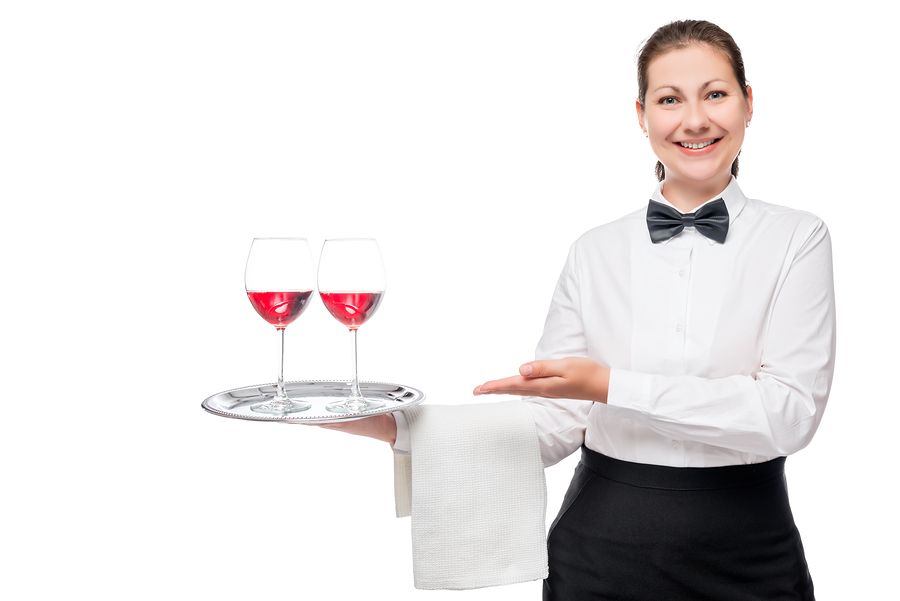Like good wine, sommeliers improve over time or, more accurately, as they gain experience. It’s not simply a matter of getting a diploma. If you aspire to a career in the world of wines and spirits, here are some tips to achieve a higher level of competence.
Pier-Alexis Soulière, named Quebec’s best sommelier in 2017, devotes a lot of time to continuing education as part of his practice. “I think that in any profession it’s important to continue to develop [throughout your career],” says one who has continued training and taking master classes since leaving school. “You have to stay up to date with what’s happening in the world,” he continues. “Diplomas certainly let you learn the basics of the craft, but you then have to delve into it yourself to develop your knowledge.”
Consider the international competitions and certifications, such as those of the Wine & Spirit Education Trust (WSET) or the Master Sommelier title, which can only be obtained after many hours of courses and a lot of tastings, recalls Mr. Soulière, himself a Master Sommelier.
Mentors and travels
In the craft of sommeliers, a lot of the knowledge is transmitted in the field. “There are many possibilities coming out of school. especially in restaurants, because that’s where it really happens,” says Pier-Alexis Soulière. Aspiring sommeliers will be asked to develop their knowledge through mentoring with a more experienced colleague.
There is also a need to seek out opportunities for networking within the industry. Visit the fairs — and there are more and more of them being organized across the country, the expert points out — to meet other sommeliers, often luminaries in the field, and winemakers from here and abroad. https://www.hospitalityjobs.ca/fr/metier-sommelier-description-formation/
Similarly, visiting vineyards is “an excellent way to develop”, Mr. Soulière believes. He traveled to Europe a few years ago, while he was stationed in London. “The theory is very important, but then you have to go out into the field, ask questions, hear stories and experience emotions. I use less than 10% of my knowledge every day, but that’s what lets me have a conversation with clients.”
We must not forget this: at the end of the day, it’s the customers who count the most. More than good wine…
- Recruiting: What every good candidate should know.
- When artificial intelligence facilitates recruitment on LinkedIn
- How to improve your “telephone profile”
- Remote working has its definite advantages. What about team spirit and company culture?
- COVID-19 SPECIAL – REPORT ON HIRINGS AND DISMISSALS – SEPTEMBER 2020
